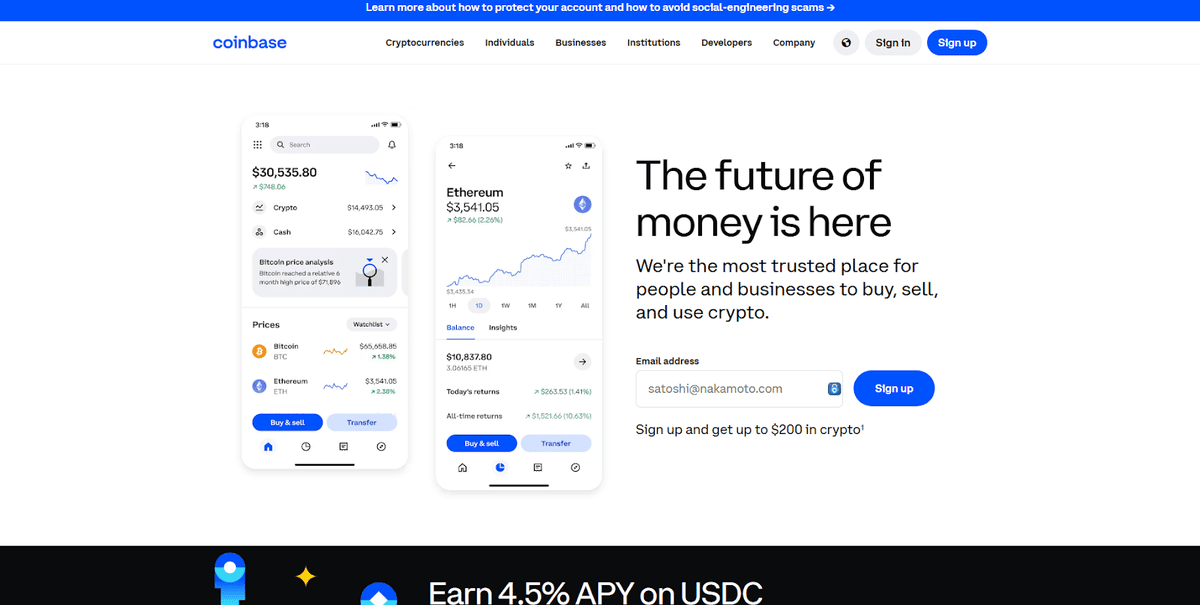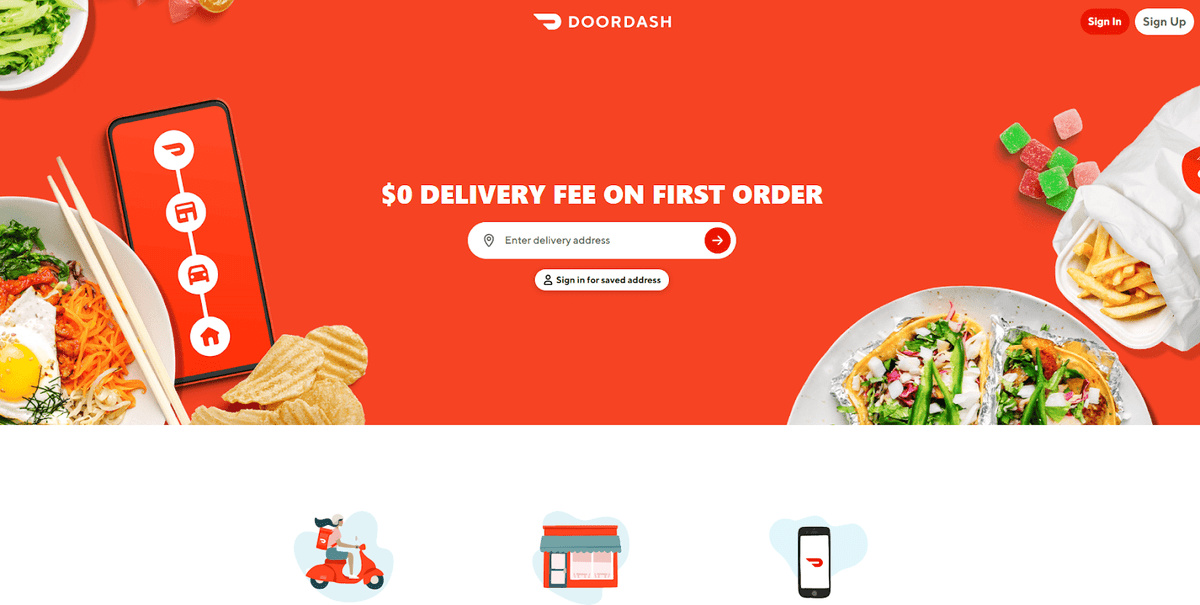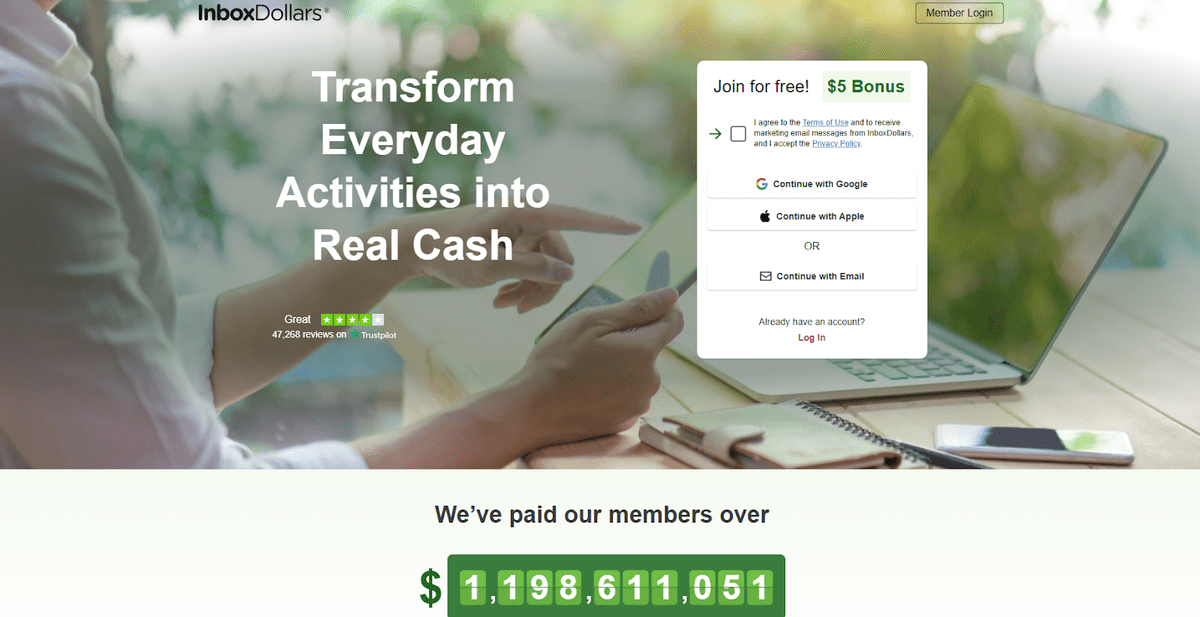Is Bitcoin a Scam?
Laura Martisiute
Reading time: 5 minutes

Table of Contents
If you’re thinking of buying Bitcoin, you need to know: Is Bitcoin a scam?
Below, we explain whether Bitcoin is a scam and discuss some steps you can take to improve your safety when buying this cryptocurrency.
What Is Bitcoin?
Bitcoin is a “cryptocurrency,” i.e., a decentralized digital currency.
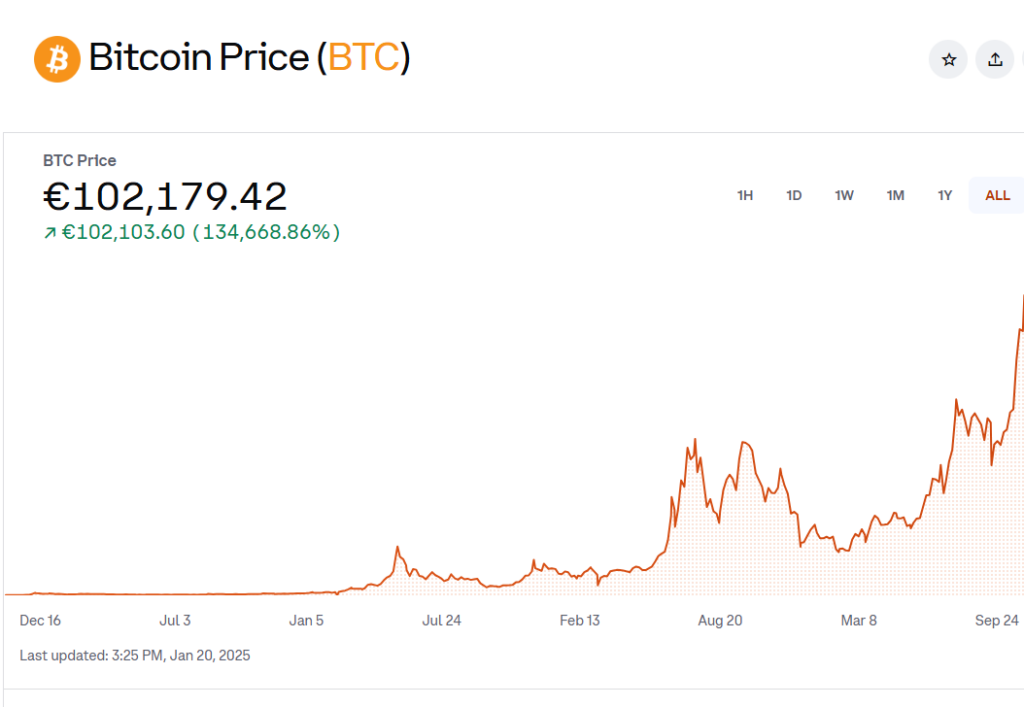
Using Bitcoin, people can make direct transactions (peer-to-peer) to one another without needing an intermediary such as a bank to enable the transaction.
Instead, transaction validation and record-keeping (every transaction is recorded in a public, tamper-resistant ledger) are overseen by a global network of computers or “miners.” When a transaction is confirmed, it’s grouped into a “block,” which is linked to previous blocks and becomes part of the blockchain.
Bitcoin is accessed via private keys, i.e., a secret number that proves your ownership of Bitcoins stored at a particular address. If someone has access to your private key, they can move your funds without permission.
Bitcoin has a maximum supply of 21 million coins, and its price is volatile.
You can buy and sell Bitcoin on cryptocurrency exchanges. Many people buy Bitcoin as an investment. However, you can also use it for online purchases at businesses that accept Bitcoin as payment.
Is Bitcoin a Scam?
No, Bitcoin is not a scam. It’s a decentralized digital currency that was invented in 2008 by the pseudonymous Satoshi Nakamoto (whose identity is unknown).
Bitcoin is mainstream today, but that wasn’t always the case.
When it first emerged, it was largely dismissed by banks and mainstream investors who saw it as a niche experiment and a way to facilitate criminal transactions (black market sites like Silk Road were among Bitcoin’s first major adopters).
However, today, it is seen as a legitimate digital asset. This is mostly thanks to regulatory clarifications and endorsements by major financial institutions.
Different countries have different approaches to Bitcoin.
For example:
- In January 2024, the first U.S. Spot Bitcoin ETFs were approved, marking a significant regulatory milestone, though SEC Chair Gary Gensler clarified it doesn’t signal the agency’s broader endorsement of Bitcoin.
- Canada was among the first countries to approve a Bitcoin ETF, facilitating easier investment access.
- In China, all cryptocurrencies, including Bitcoin, were banned in 2021.
- In October 2022, the U.K. began recognizing crypto assets (including Bitcoin) as regulated financial instruments (this became law in June 2023).
- In the EU, the Markets in Crypto-Assets Regulation (MiCA) took effect in July 2023, which created standardized rules for crypto providers across all EU nations, including licensing and consumer protection measures.
Bitcoin’s price is very volatile. It can rise or fall rapidly over short periods, which can attract speculative traders. As a result, it has been called a “bubble” by some and “digital gold” by others.
Despite its reputation for anonymity, the FBI’s recovery of most of the Bitcoin ransom paid by Colonial Pipeline revealed that Bitcoin transactions can be traced through the public blockchain.
Criminals often use Bitcoin in their scams to trick people into sending them money. The Federal Trade Commission lists some common cryptocurrency scams, including scammers impersonating famous individuals and claiming they can multiply whatever cryptocurrencies you send them.
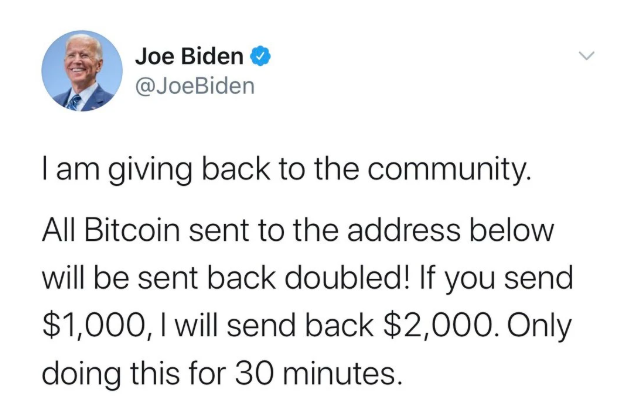
Individuals who don’t store their Bitcoin securely can be vulnerable to security incidents.
Exchanges have experienced high-profile hacks leading to stolen funds.
So, Should You Buy Bitcoin?
Depends on your financial situation, risk tolerance, and investment goals.
If you decide to buy Bitcoin, make sure to do your research and use strong security measures.
If you’re uncertain, consider consulting with a qualified financial advisor who understands cryptocurrencies.
How to Buy and Use Bitcoin Safely
Here are some tips for a safer experience with Bitcoin.
- Do your research. Before you buy any cryptocurrency, verify the legitimacy of the platform or product. Look for a good security track record and positive user reviews. Also, check for regulatory compliance – reputable platforms typically comply with local Know Your Customer (KYC) and Anti-Money Laundering (AML) rules.
- Understand the technology. Make sure you have at least a basic understanding of how Bitcoin and blockchain work. This will reduce the likelihood that you’ll fall for scams.
- Use reputable exchanges and wallets. Stay away from unknown platforms, and make sure you have two-factor authentication and other security measures set up on your accounts.
- Only invest what you can afford to lose. Be prepared for market fluctuations – Bitcoin is very volatile.
- Use a personal wallet. Keeping Bitcoin on an exchange can be risky (exchanges can be hacked or freeze withdrawals), so consider withdrawing Bitcoin to a personal wallet.
- Don’t store unencrypted keys digitally. Avoid storing private keys in plain text on your computer or cloud storage.
- Use strong passwords. Create strong passwords and make sure you don’t reuse them elsewhere.
- Turn on two-factor authentication. This way, even if someone has access to your password, they still wouldn’t be able to log in.
- Back up. Keep secure backups of your private keys or recovery phrases, and don’t share them with anyone.
- Double-check addresses. If sending Bitcoin to someone else, check the recipient’s wallet address carefully. Bitcoin transactions are irreversible, i.e., it’s not possible to reverse them.
- Be wary of scams. Don’t fall for “too good to be true” offers, and be alert for phishing links or unsolicited investment pitches.
- Stay up to date. Follow reputable crypto news sources to stay aware of regulatory changes, exchange hacks, and market trends.
- Know local laws. In many countries, Bitcoin gains are subject to capital gains tax.
Our privacy advisors:
- Continuously find and remove your sensitive data online
- Stop companies from selling your data – all year long
- Have removed 35M+ records
of personal data from the web
Save 10% on any individual and
family privacy plan
with code: BLOG10
news?
Don’t have the time?
DeleteMe is our premium privacy service that removes you from more than 750 data brokers like Whitepages, Spokeo, BeenVerified, plus many more.
Save 10% on DeleteMe when you use the code BLOG10.

